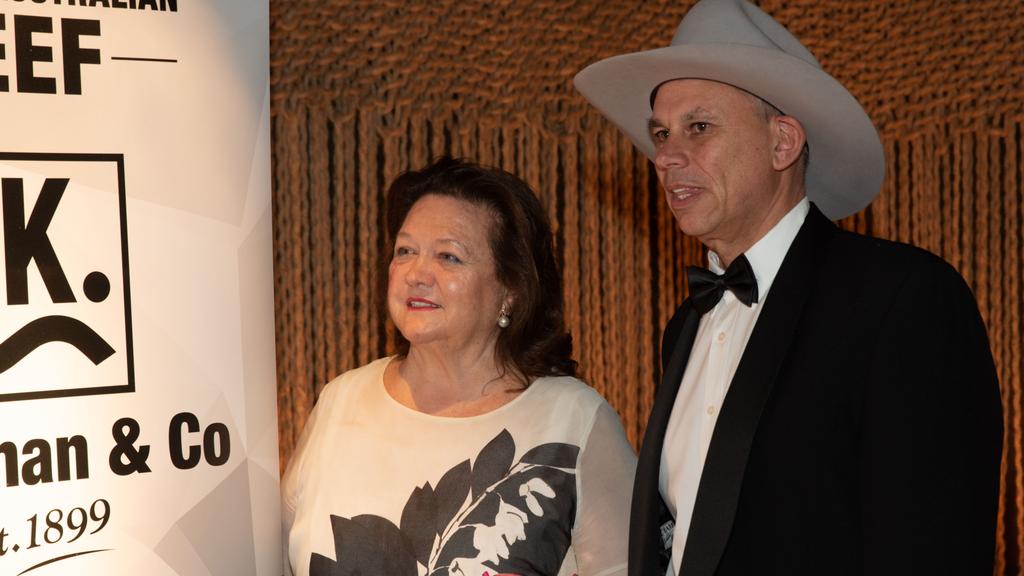
Article by James Wagstaff courtesy of the Weekly Times.

Hancock Agriculture chief executive Adam Giles discusses free-trade agreements, animal welfare and what’s ahead for the S Kidman and Co brand, today on The Australian Ag Podcast.
Free-trade agreements, such as those negotiated with the UK, provide much more than improved access for Australian agricultural products, the boss of one of the nation’s biggest beef companies says. “It also provides competition so that we improve our services,” Hancock Agriculture chief executive Adam Giles told the latest episode of The Australian Ag Podcast, out today.
“From a beef producing nation such as Australia … with high labour costs and high energy costs, being subject to competition drives innovation and drives productivity so that we are always getting the best we can out of our products.”
Mr Giles travelled to the UK and Europe last week as the first Australian beef was being served up to British consumers under the recently signed free-trade deal.
He was accompanied by Hancock owner, billionaire businesswoman Gina Rinehart, and met with consumers, importers and distributors to trumpet the benefits of Aussie beef.
Hancock Agriculture operates one of Australia’s biggest beef cattle herds across more than 3.5 million hectares of NSW, Queensland, Western Australia and the Northern Territory, with the portfolio including the famed S Kidman and Co cattle stations.
Mr Giles said while under the FTA more beef from Australia would end up on British dining plates, it was unlikely to make a significant dint in consumption of UK product, despite earlier concerns from local farmers. “Coming into the UK market there is a range of hesitancy, particularly from UK farmers,” Mr Giles said.
“There are people … who are sceptical and probably not that happy about the start of the FTA – many thinking that there’d be a flood of product coming on to the market that would be highly competitive to the British producer.
More Coverage Podcast: Where to for beef? $100/kg of lamb chops? “That hasn’t been the case. There has been barely been a trickle. “They are small amounts and will have a small impact on those British producers.
But it does provide a competitive environment and as much as Australian consumers want to try British products, those in the UK also want to try Australian products.
“The Australian beef product, like many products coming out of Australia, is seen as clean and green. It is seen as a trusted source of food fibre, good protein and product that can be relied upon for quality but also consistency in quality.”















